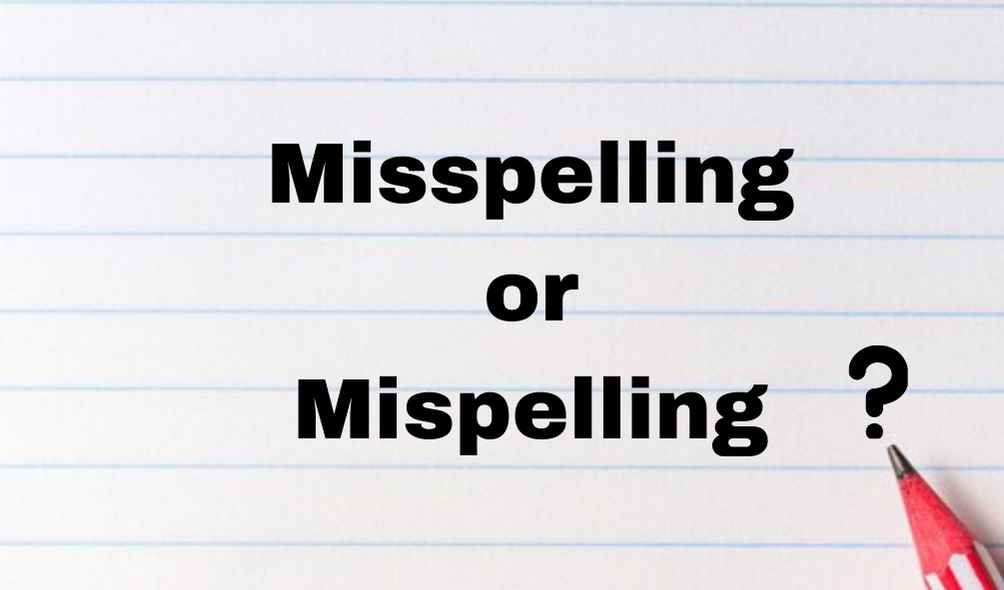
Are you confused about which word to use—misspelling or mispelling? Don’t worry! We will explain it in simple terms. We’ll help you understand the difference between these two words and give you examples to make it easier.
Understanding the Distinction: Misspelling or Mispelling?
“Misspelling” stands as the preferred term for spelling a word incorrectly. It’s ubiquitous in dictionaries, academic texts, and everyday discourse. Conversely, “mispelling” exists as a less common variant, often employed in informal or humorous contexts.
Examples:
- Correct: “I found a misspelling in my book.”
- Okay (but less common): “I found a mispelling in my book.”
- Funny: “I made a mispelling while talking about misspellings!”
How to Use “Misspelling” Correctly:
- Writing: Use “misspelling” when you write. It’s easier for people to understand.
- Online: Use “misspelling” when you’re online. It keeps things clear.
- School: Use “misspelling” in school. Teachers like it when you use the right word.
Explanation with Examples:
Let’s look at some examples to understand “misspelling” better:
- Example: “She wrote ‘recieve’ instead of ‘receive.’ That’s a misspelling.”
- Example: “I looked up ‘mispelling’ in the dictionary, but it’s not there. It’s ‘misspelling.'”
Read also: Stationary or Stationery English Meaning
Conclusion:
“Misspelling” is the right word to use when you spell a word wrong. It’s simple and easy to understand. Remember, even if “mispelling” is a word, it’s better to stick with “misspelling” to avoid confusion. Now you know which word to use!